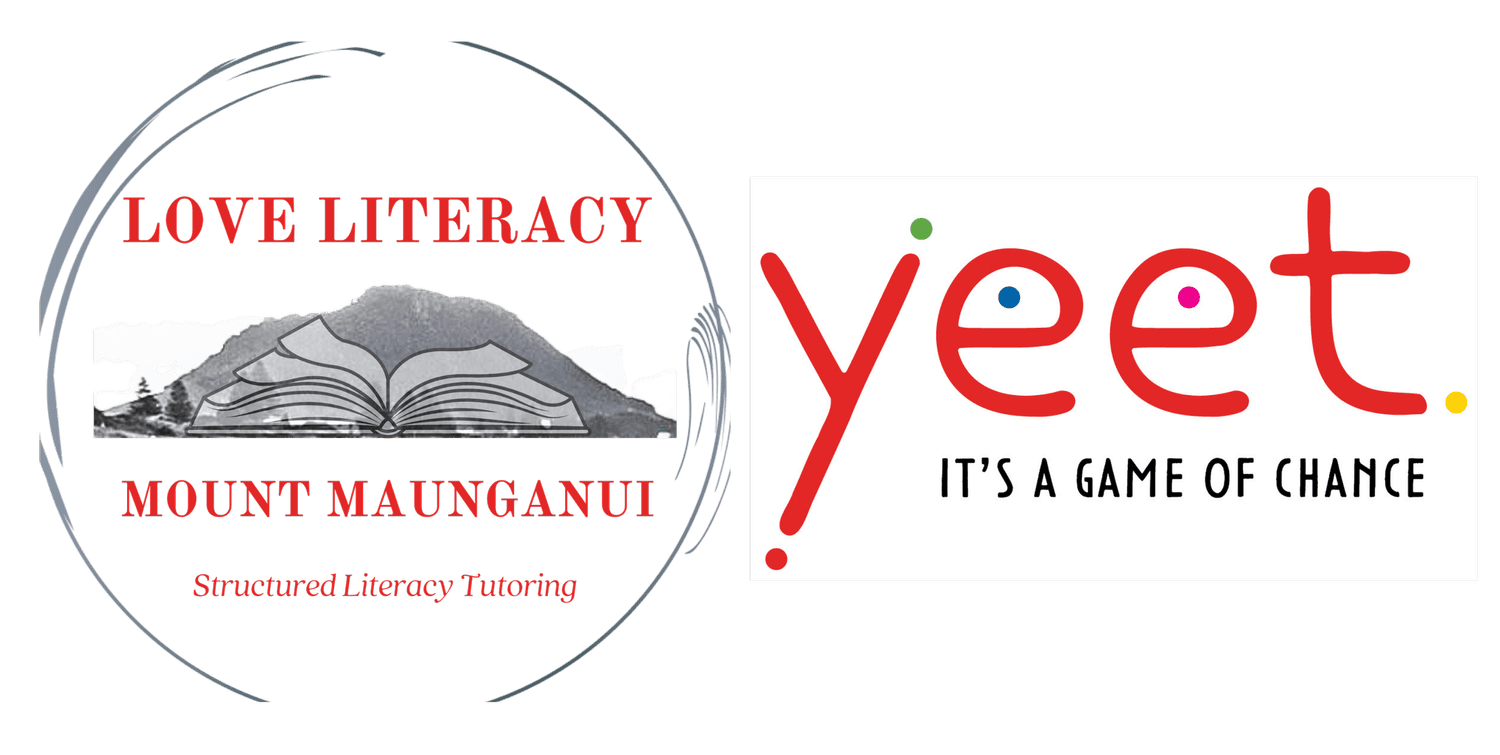The Benefits of Home Learning for Struggling Students: A Necessity in Skill Reinforcement
After reading a good article this week about whether we need to assign homework (Thank you, Linda Kimpton, from Effective Education Practices NZ – Following the Science and the Evidence) I thought I might write my two cents worth on this matter, and the role I see for homework, or home learning as I like to call it.
For struggling students, particularly in subjects like reading, writing, and spelling, additional practice outside the classroom can be crucial if they are not getting the right kind of practice or enough practice within it. This blog post delves into why home learning is beneficial for these students and how it can contribute to reinforcing essential skills.
It’s important to understand first of all, that there are many diverse learning needs. Not all students grasp concepts at the same pace or with the same ease, especially those with neurodiverse traits like Dyslexia, Dysgraphia, ADHD, or the comorbidity of two or three. These students often require more time and repetition to map foundational skills to long-term memory. Therefore, home learning can provide more opportunities for focused practice of skills.
One of the rules of neuroplasticity is “Repetition Matters” (see blog post here). Repetition is key to cementing knowledge and skills into long-term memory. Home learning allows them to engage in consistent, repetitive practice.
With the right kind of guidance (for example, explicitly set out home learning tasks to work through that correspond to the skill learned that week) students can work with parents in a stress-free environment, at a pace that suits them. The aim is to reduce anxiety, and boost confidence.
I tend to find as I am teaching foundational skills that are not yet secure, the home learning I send home complements the learning we have done during tutoring sessions. Students will benefit from the additional practice that reinforces what we have learned during our lessons together. If students are attending a school implementing a structured literacy approach, home learning allows them to solidify their understanding, which in turn can lead to more productive learning in class.
What kind of home learning is good home learning?
When students generally start learning with me, many already have a dislike of learning and lack in confidence with their reading, writing, or spelling abilities. When we are in a situation where it is just myself and them, or myself and one other student, there is nowhere to hide, and very quickly the true extent of reading, writing, and spelling skills (or lack thereof) come to a head in our learning space.
The best way I find to address this is through gamifying most of my instruction. This may sound odd, however putting reading in isolation into a four-in-a-row game, yeet, or a tic tac toe game can work wonders. Those students who love to win, or know they have good strategy are instantly drawn to wanting to play. One of my favorite quotes from Dr Carolyn Strom is “Drill to skill with a thrill!”
Once students begin to feel confident with learning through games, further reading, writing, and spelling activities for home learning can follow. At the very least, I try to encourage parents to sit down and play a game with their children to facilitate a positive connection over literacy, which can be a very special learning moment for everyone.
In conclusion, in my opinion, there will always be an ongoing debate surrounding the necessity of homework, however, it’s crucial to recognize that struggling students have unique learning needs that may require additional practice and support beyond the classroom. In this instance, home learning serves as a valuable tool for skill reinforcement, offering these students the chance to master concepts through extended repetition, parental attention, and the long hard road of building their confidence. By acknowledging the significance of home learning for struggling students, educators and parents can work together to ensure a more inclusive and effective learning experience.
